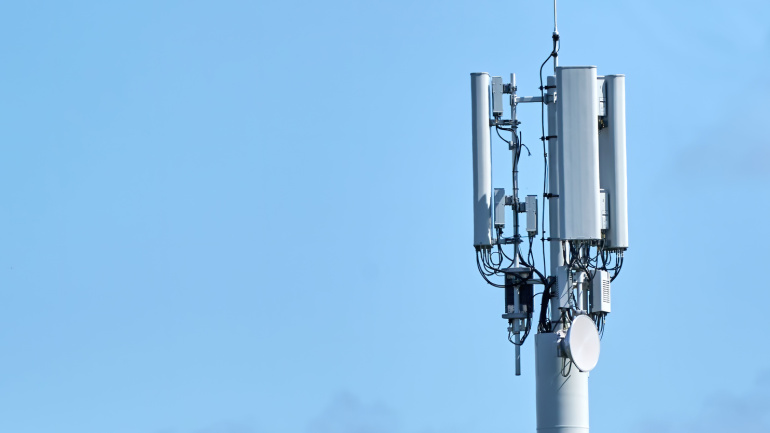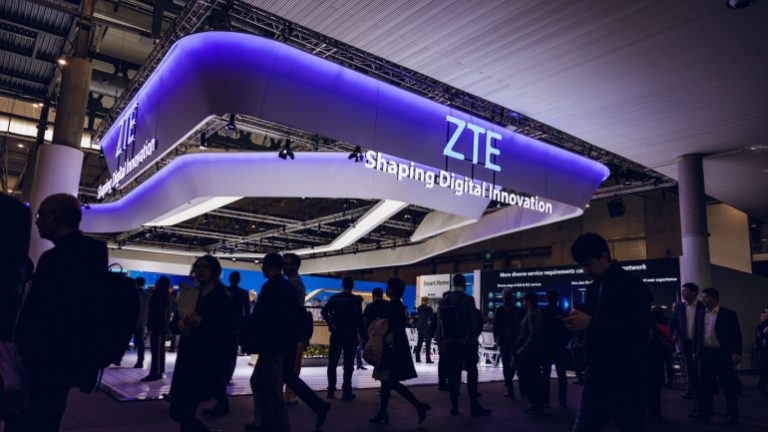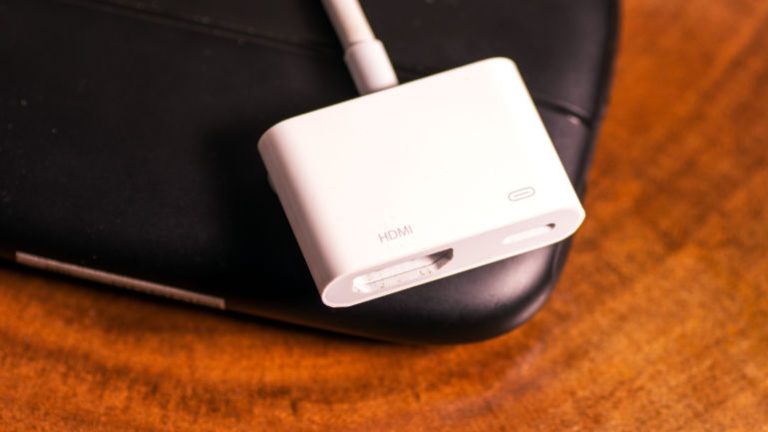
Kcell, the biggest operator in Kazakhstan, is embarking on a seven-year mission to roll out 5G across the country with the expertise of Ericsson. This ambitious project spans 2023 to 2030 and plans to cover at least half of the country’s geography, with crucial areas such as Almaty and Shymkent given top priority.
This collaboration leans towards a single Radio Access Network (RAN) strategy. The concept here is to merge 5G with the extant 2G, 3G, and 4G networks, consequently optimizing the utility of network resources and streamlining the shift to newer technology.
The integration of Fixed Wireless Access (FWA) into the latest 5G network offers another plus point. In regions where laying internet cables is unfeasible due to demanding terrain, FWA could supply a much-needed solution.
The CEO at Kcell, Askhat Uzbekov, recognizes the immense potential 5G brings. He said, “The transition to 5G enables the formation of a technological platform stack around which ecosystems are built. The telecom operator transitions from merely being a service provider to becoming a facilitator of platform services rendered by these technologies to ecosystem partners.”
He continued, “The operator can create and provide digital services itself. It would still be a provider of end services as it is now, but it will produce these services much speedier and in more abundant and diverse quantities than it currently does. And I believe that our partnership with Ericsson will let us exploit these opportunities in the most effective and hassle-free manner.”
Andrea Missori, Head of South East Mediterranean and Eurasia at Ericsson, voiced her excitement, stating, “We are thrilled to augment our partnership with Kcell as it indicates a crucial landmark in placing Kazakhstan at the forefront of Eurasia’s telecommunications innovation. We are constructing a future network that will not only ensure superior connectivity for Kcell’s customers but also furnish an innovative platform that could revolutionize industries and usher in a more interconnected digital society, thus fostering economic progress and societal advancement.”
Considering the grim state of the global RAN market, success stories like these are indeed a breath of fresh air. The recent stats from Dell’Oro suggest that after a rigorous ramp-up period from 2017 through 2021, global RAN revenues hit a plateau in 2022, and the first quarter of 2023. However, as market conditions took a harsh turn, they plummeted at their speediest rate in almost seven years during this year’s Q2.




